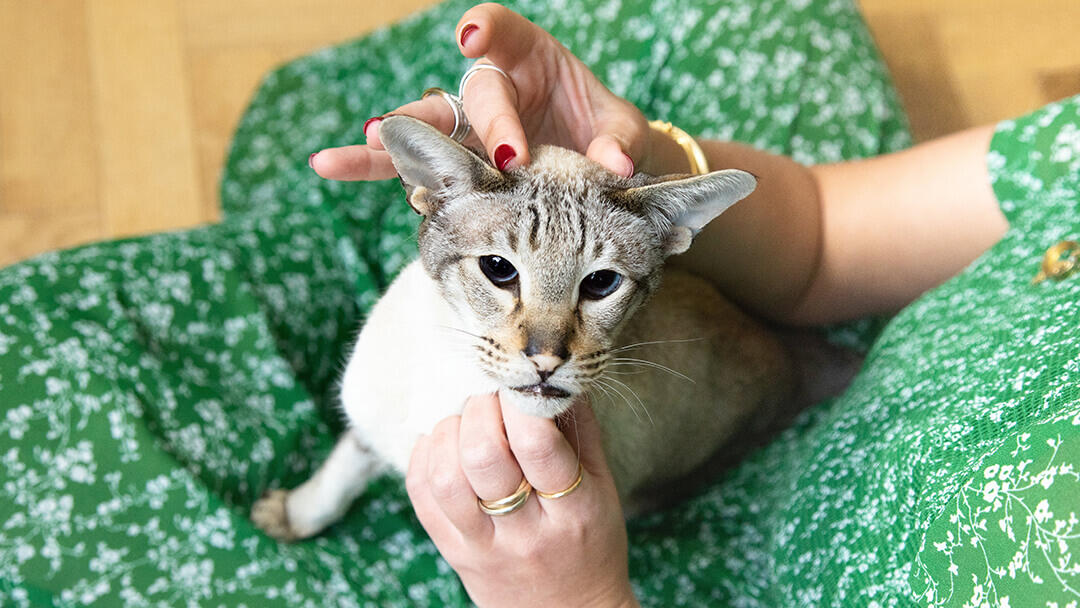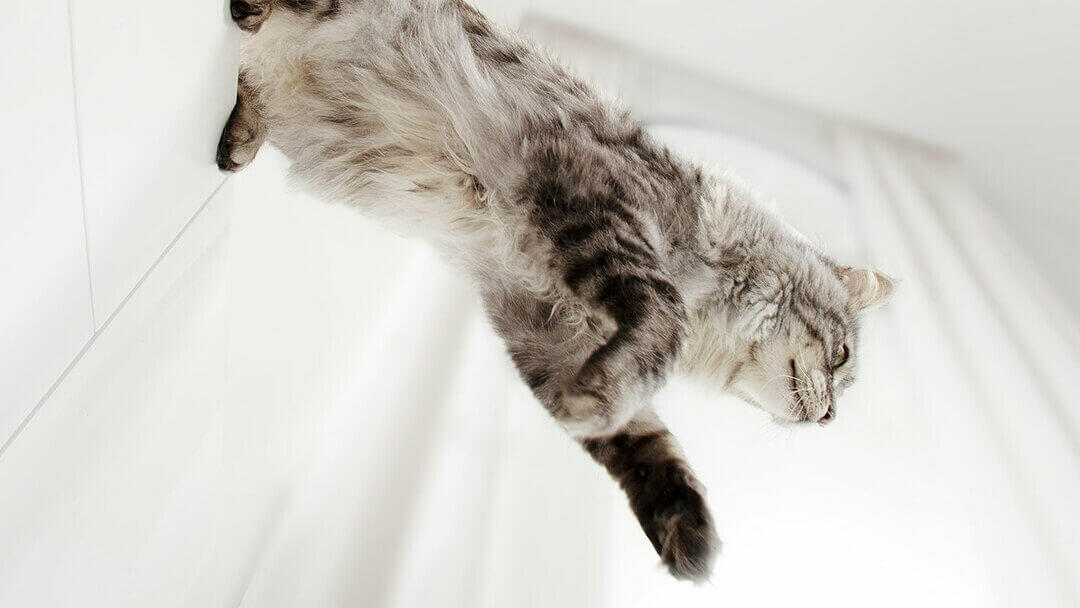
We often think that our cats lead lives of total luxury with their every whim catered for, so it can come as a surprise to realise that such a life of leisure can lead to feline boredom.
Much like dogs, cats can develop serious behaviour problems if they become bored and they can express that boredom in rather destructive ways. So, carry on reading to find out more about cat boredom and whether you are the owner of a bored cat.
Do cats get bored?
Yes, surprisingly cats do get bored. If a cat is left at home alone for hours, with no interaction or stimulation, or outlet for their natural behaviours, then the chances are they will get bored. Cats are highly intelligent animals with a range of natural behaviours that they need an appropriate outlet for and if these needs are not fulfilled, boredom often occurs.
Why do cats get bored?
There are many factors, aside from lack of cat mental stimulation that can cause your pet to become bored and frustrated.
If they aren’t active enough or are unable to scratch their itch for exploration and adventure, then they can become bored. Boredom may be more common in indoor cats who are unable to have an outlet for their naturally predatory behaviours.
Reasons for a cat becoming bored include:
- Little to no outlets for their natural predatory behaviour (climbing, jumping, stalking, hunting, chasing, pouncing etc)
- Boring living environment
- Restriction on opportunities to explore
- Not enough social interaction
- Not enough exercise
How to tell if your cat is bored?
Cat boredom is a real thing, but it isn’t always easy to spot. Cats are notorious for hiding how they feel, so below are a few signs of your cat being bored.
Change to sleep patterns
A bored cat can either sleep far too much or else be unable to settle at all.
Anxious behaviour
Boredom can lead to anxious behaviour in your cat. Of course, there are other reasons why your cat may be anxious, scared or stressed and these should be ruled out, seeking veterinary or expert behavioural advice if necessary. However, anxious behaviour can sometimes be a sign that your cat is bored.
Overeating and/or weight gain
Overeating can be a sign of boredom. However, if your cat has any significant or sudden changes in appetite (overeating or undereating), you should get them checked by a vet to make sure that there is no medical reason for their altered behaviour.
Aggression towards other pets
A common sign of boredom can be cat aggression towards other animals. This can be in the form of fighting, chasing, or getting into trouble with other animals, whether they are feline, or canine. It may be that your cat is trying to find engagement and stimulation wherever possible.
Aggression to humans
A bored cat will often find things to do to liven up the day – and this could be hiding out under the bed or on top or doors to pounce on those walking past. Or they could just be grumpy, fed up and so less tolerant or unwilling to be handled.
Destructive or disruptive behaviour
Much like humans, when we get bored, we tend to pick up bad behaviours. Cats may get themselves into trouble such as scratching up furniture, chewing or eating inappropriate objects, ripping carpets or soft furnishings, or just being a bit more mischievous than usual. This is because they are trying to find ways to entertain themselves to combat their boredom.
Inactive
Cats, on average, will spend up to 15 hours a day napping, so catching your cat mid-nap is not uncommon. But if you notice that your cat’s natural instinct to be adventurous isn’t as high as it usually is then this could be a sign that they are bored. However, as with any changes in behaviour or habits, it is advisable to get your cat checked by a vet to make sure that they are fit and healthy.
Battling cat boredom
There are many things you can do to help combat cat boredom and keep your furniture and your sanity in one piece.
Here are a few ways to keep your feline friend engaged and to keep their boredom at bay:
Give them an outlet for their natural behaviours
All cats need to be able to jump, climb and explore – so cat trees and special places where they can survey their territory from on high help to brighten up a cat’s day. You can hide treats in various parts of the tree too – just to make it even more interesting.
Cats are hunters. and they need to be able to stalk, chase, pounce and catch. Just doing that helps to make them happy and reduces boredom. Find toys that are either self-powered or that you can play with your cat to simulate the thrill of the chase and the success of catching their prey. This should be an every-day activity.
They also need to be able to keep their claws in tip top shape so make sure they have a good scratching post too.
Give them plenty of attention
Noticing your cat becoming increasingly bored can be a sign that they need a little more attention from you. Make sure to spend plenty of time with them every day.
Give them as much attention and affection as they want (some cats love to be with you and enjoy being stroked and cuddled for hours, while others are content with less touch but still get comfort from your company). Hang out with them when you are at home. Most importantly though, play with them. Whether this is chase toys, retrieve games or just pouncing on rolled up bits of paper with treats inside, playing with your cat builds your relationship. Spending a good amount of time with your cat will keep them feeling content and happy.
Give them plenty of toys
Cats are very playful animals, and if they don’t have anything to stimulate their play instincts, they can become bored. Investing in a mix of interactive toys or cat games, for your cat to play with on its own and with you, is the perfect way to keep them distracted, and keep cat boredom at bay.
Hide treats around the house
Creating an indoor foraging experience is another great way to combat cat boredom. Leave cat treats, or toys around the house for your cat to find. It is a good way to keep them stimulated, and active. This kind of activity stimulates your cat’s hunting instincts and can help keep them occupied.
Having a cat that is bored isn’t fun for the owner or feline. However, there are a few simple steps that you can take to help keep your cat stimulated and avoid them getting bored.
Now that you know all about cat boredom and how to keep it at bay, why not find out more about cat behaviour by reading our article on why cats bring you dead animals, next?











